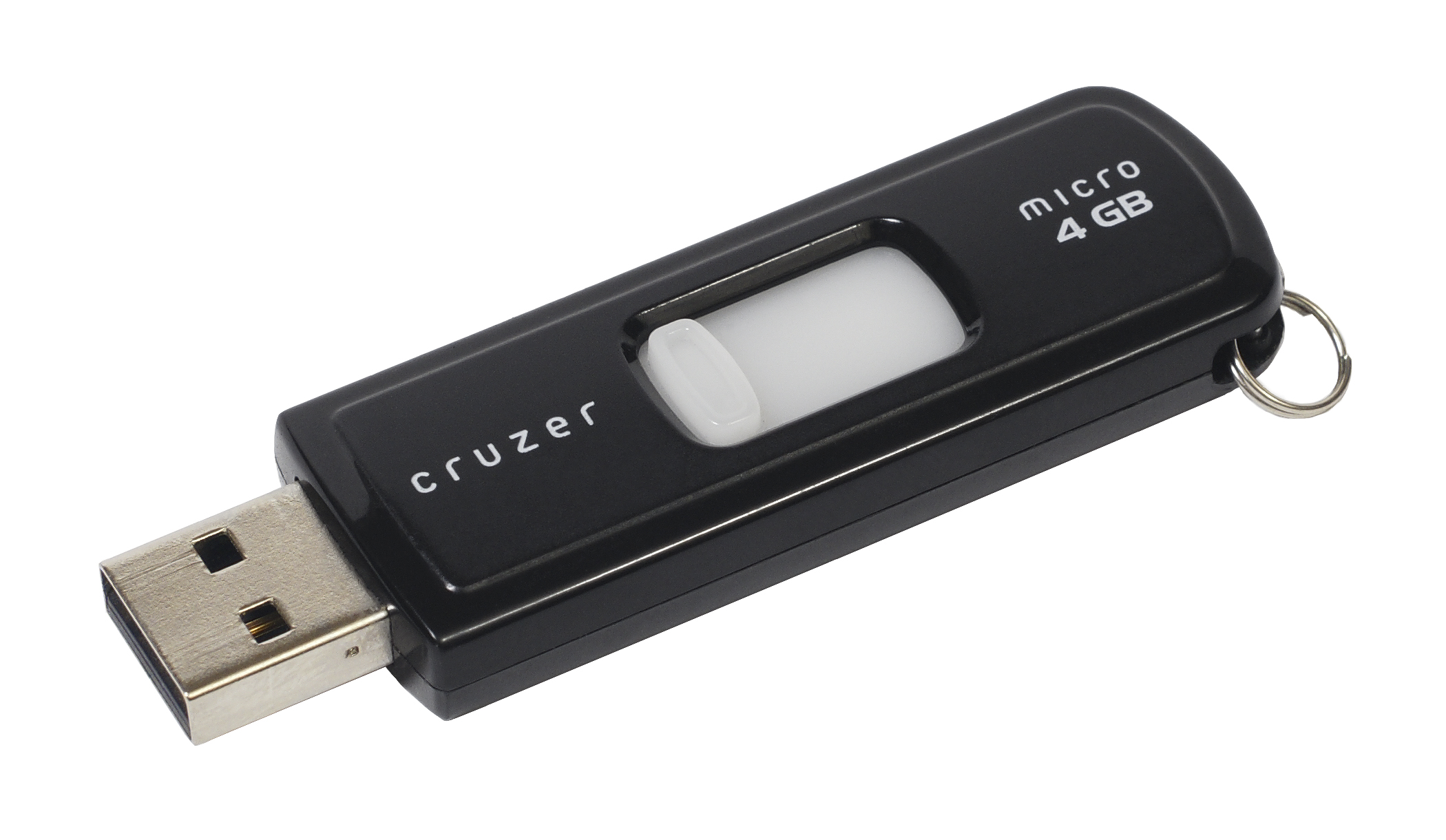USB sticks have been in use for many years. They are getting smaller, faster, and have an enormous storage capacity. Whether private or in the company, they are still used, despite the success of cloud storage. The external data carriers are mainly used for backups. But what are the risks of a USB stick? More about it here.
USB stick
definition
A USB stick is basically a small, compact electronic device that
acts as a data carrier. It can be connected to devices such as PCs,
creating a direct connection for data transmission.
Why
should you never continue to use a USB stick that has been found?
Imagine you find a USB stick in a café or in the office and you
don't know who it belongs to. However, your curiosity is too great and you
want to find out who owns the USB stick and what is on the stick. If you
connect the USB stick to your private laptop in the next step, or worse, to
your PC in the company, the disaster takes its course. By plugging the USB
stick into the PC, viruses can gain access to your company network in seconds.
Unfortunately, this scenario occurs frequently - 48% of those
who find a USB stick insert it and connect it to a computer without any
security concerns. However, the consequences are fatal:
·
Various types of malware can get onto the computer, e.g. ransomware and
thus encrypt the computer
·
Keylogger arrives on your computer and records every keystroke,
which they then pass on to the hackers
What
other risks does a USB stick bring with it?
The risks described above, however, are only a fraction. You
will find further risks listed here:
·
USB stick without encryption
This may not be bad for private purposes, but it can have fatal
consequences for the company. Because an unsecured USB stick gives everyone
access to the data stored on it.
·
Cheap USB sticks
A cheap memory stick is often associated with poor quality. In
the worst case, this can mean that all of your saved data is lost.
·
Loss of the USB stick
USB sticks are getting smaller and handier. This often
leads to the USB stick being accidentally misplaced or lost. We therefore
always recommend that you install an additional backup.
Recommendations
for the safe handling of USB sticks
If you decide to use a USB stick, you should observe and take the
following measures:
1.
Encrypt USB stick
Encrypt your USB
stick with a password or a pin
2.
Use multiple storage media
If you save
important data on a USB stick, then make sure that you save a backup on a 2nd
USB stick or even better on a second medium (for example in the cloud)
3. Do not use USB sticks of unknown origin
Find the best total security to protect your PC from external virus

Comments
Post a Comment